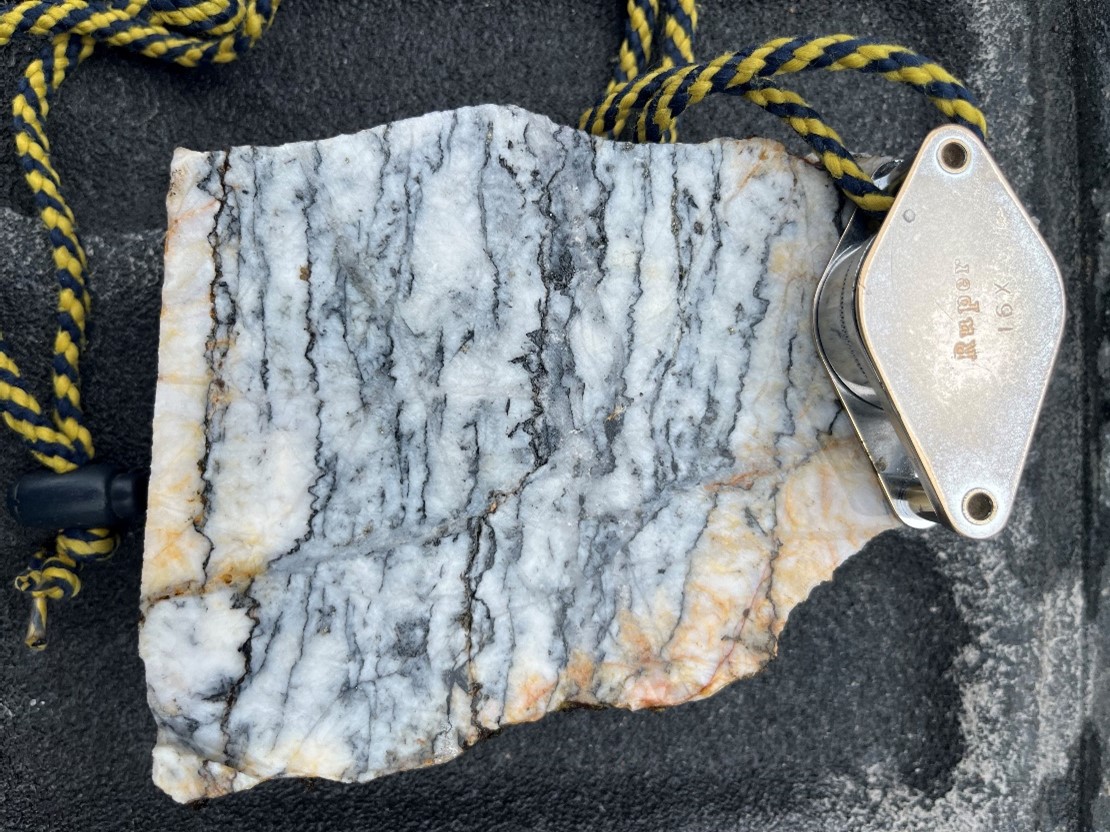
There are just two months and two days left to get a used electric car in the United States and get a $4,000 tax credit off the price. However, not everyone is eligible for the tax credit, not every used electric car qualifies, and there are some things to know going into the process.
The IRS has a page with all of these details, and I recommend looking closely through that page if you are planning to buy a used electric car before the tax credit is gone on October 1.
I’m going to highlight a handful of key points here, while also bringing some nuanced notes into the discussion. I imagine some readers will also have some tips and information to share. I’m personally on the market for a used EV now, so I would appreciate any such tips as well!
First of all, let’s get these key rules out of the way:
- the car has to cost $25,000 or less (“Sale price includes all dealer-imposed costs or fees not required by law. It doesn’t include costs or fees required by law, such as taxes or title and registration fees.”)
- you have to buy it from a licensed dealer
- the tax credit is for 30% of the sales price of the car, but up to a max of $4,000
- you can’t get more money than you owe in taxes (“If you do not transfer the credit, it is nonrefundable when you file your taxes, so you can’t get back more on the credit than you owe in taxes. You can’t apply any excess credit to future tax years.”)
- your modified adjusted gross income (AGI) can’t be higher than:
- $150,000 for married filing jointly or a surviving spouse
- $112,500 for heads of households
- $75,000 for all other filers
- the model year of the car has to be from at least two years prior (so, since it’s 2025, the car has to be a model year 2023 or earlier)
There are some other details, but they are things you really shouldn’t have to think about ahead of time, so let me first highlight this point: the dealer has to tell you if the vehicle is eligible for the tax credit, and has to register and report key information to the IRS. “At the time of sale, a seller must give you information about your vehicle’s qualifications. Sellers must also register online and report the same information to the IRS. If they don’t, your vehicle won’t be eligible for the credit,” the IRS writes.
Going a bit beyond the black and white of this process, I tend to think it’d be better to negotiate the price of the used EV you want with the dealer before bringing up the tax credit. Once you feel you’re settled on a fair price (or the best you can get to one) and you’re getting into the paperwork and payment phase, bring up the tax credit (if the dealer hasn’t already) and make sure you’re then getting the full $4,000 (or whatever you’re eligible for) off of that negotiated price. Perhaps some readers have other ideas for how to get the best deal, but this seems to me like the most logical approach.
Now, there’s also an important matter to decide here, because either you can transfer the tax credit to the dealer immediately or you can decide that you want to claim the tax credit yourself when filing taxes. “You can apply the Clean Vehicle Tax Credit immediately toward the amount you pay for the vehicle by transferring the credit to the dealer or you can wait and claim the credit when you file your tax return.” Either way, though, note that you can’t get more of a tax credit than you’re qualified to get.
So, with those critical notes, here are some of those other weird requirements regarding the vehicle:
- May not have already been transferred after August 16, 2022 to a qualified buyer.
- Must have a gross vehicle weight rating under 14,000 pounds.
- Must be an eligible FCV or plug-in EV with a battery capacity of least 7 kilowatt hours.
- Must be for use primarily in the United States
You can read more “fine print” about the tax credit here.
This article is also being published as our weekly column on Substack. You can subscribe there to help support CleanTechnica’s years of work in the cleantech media industry.
Sign up for CleanTechnica’s Weekly Substack for Zach and Scott’s in-depth analyses and high level summaries, sign up for our daily newsletter, and follow us on Google News!
Have a tip for CleanTechnica? Want to advertise? Want to suggest a guest for our CleanTech Talk podcast? Contact us here.
Sign up for our daily newsletter for 15 new cleantech stories a day. Or sign up for our weekly one on top stories of the week if daily is too frequent.
CleanTechnica uses affiliate links. See our policy here.
CleanTechnica’s Comment Policy


